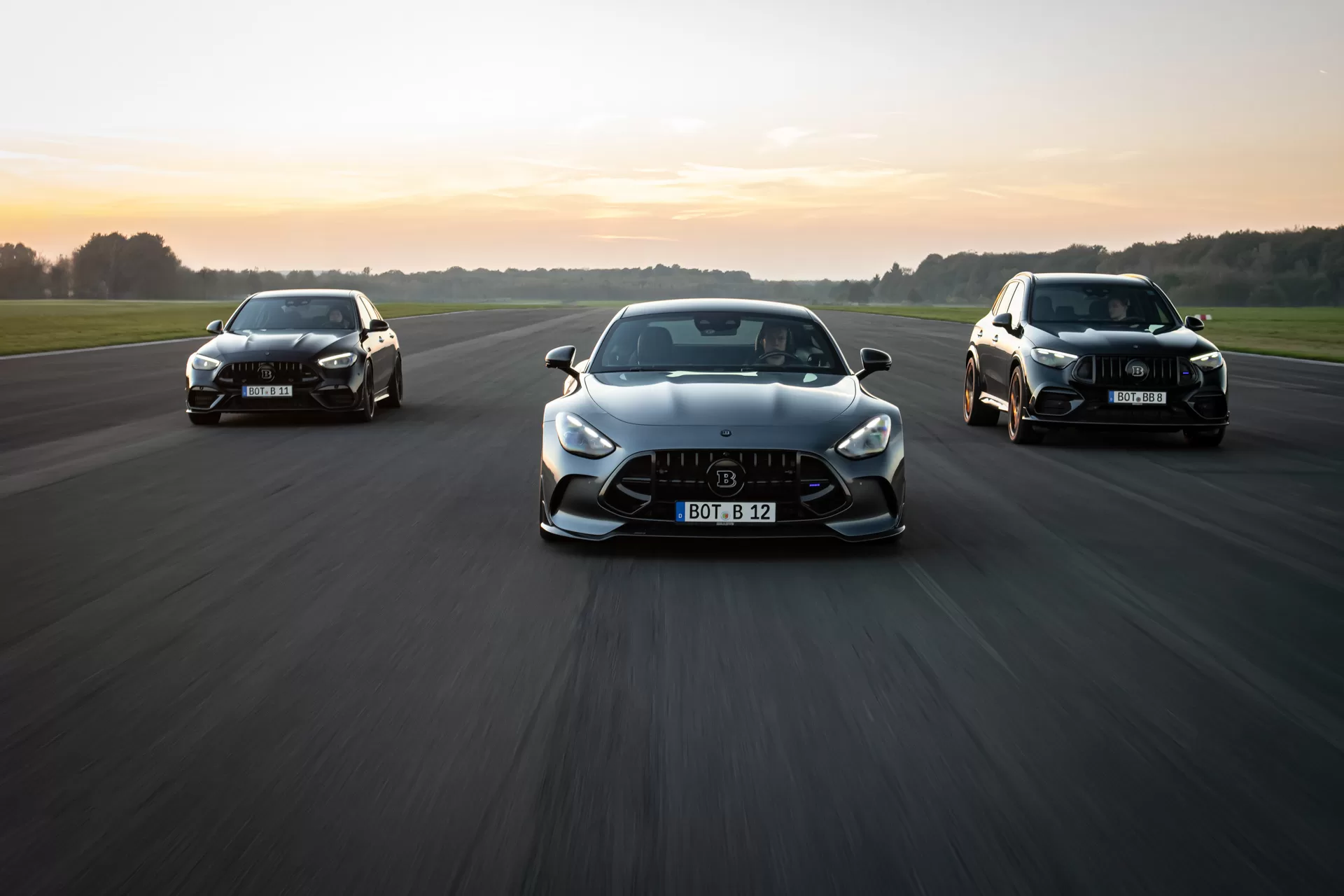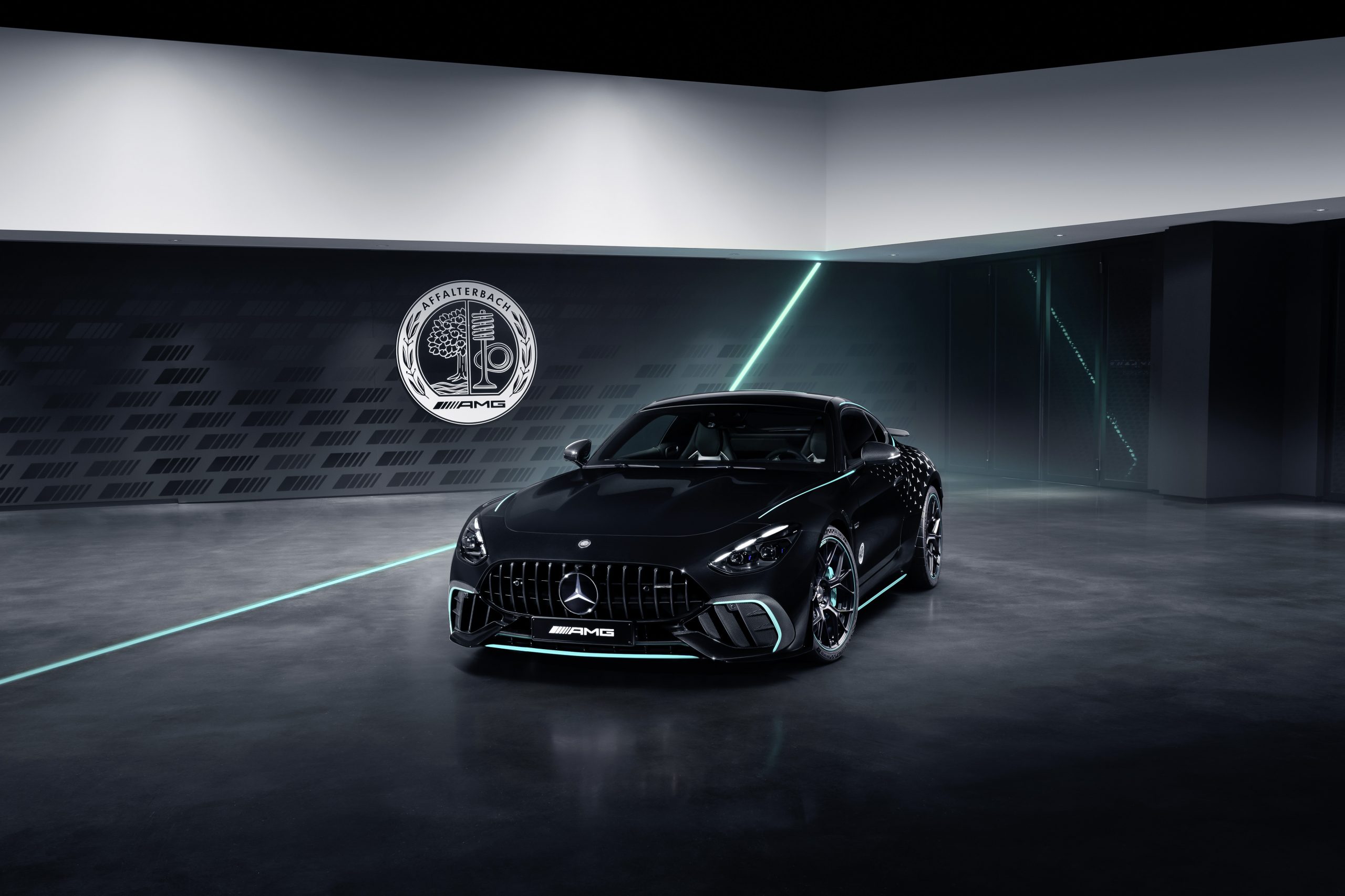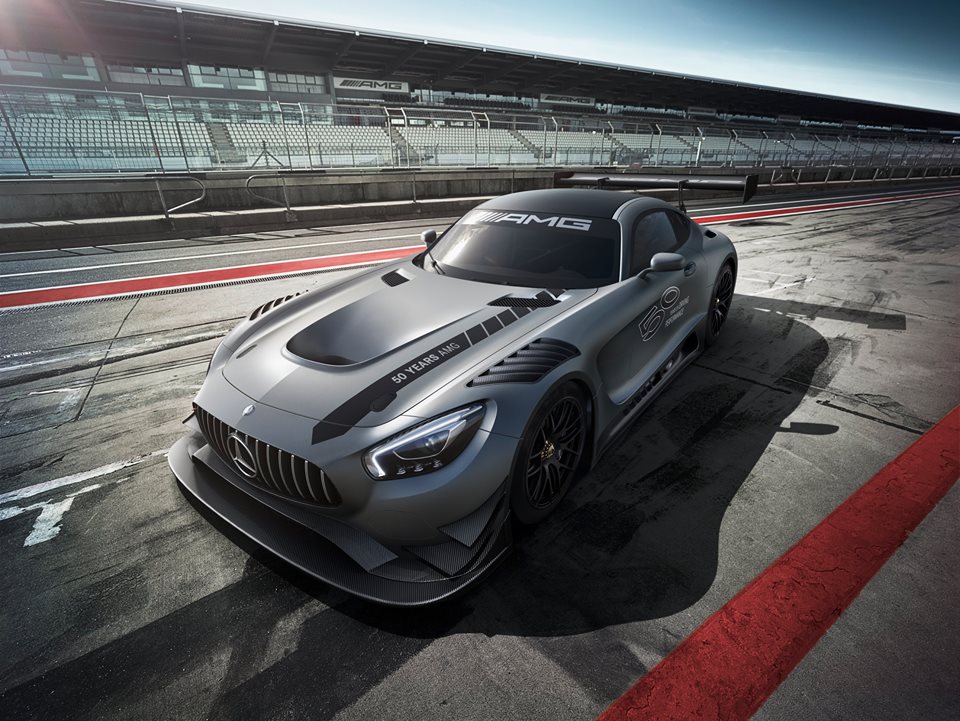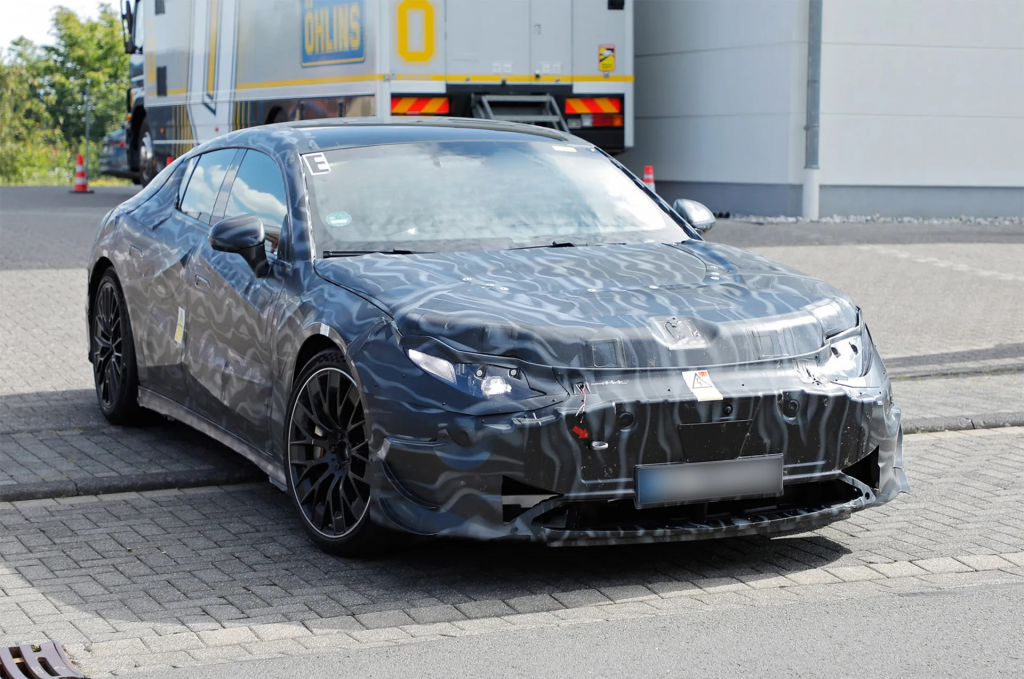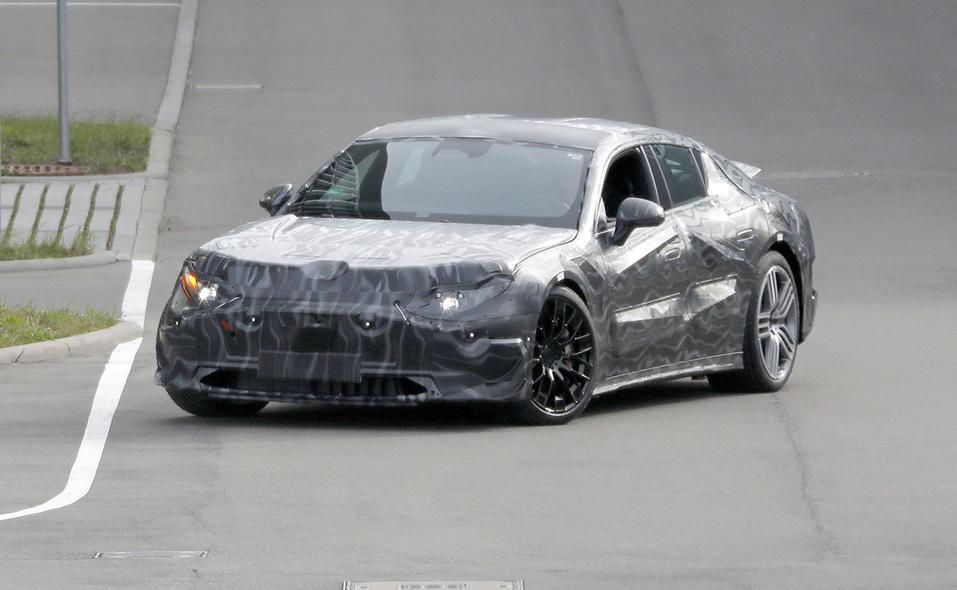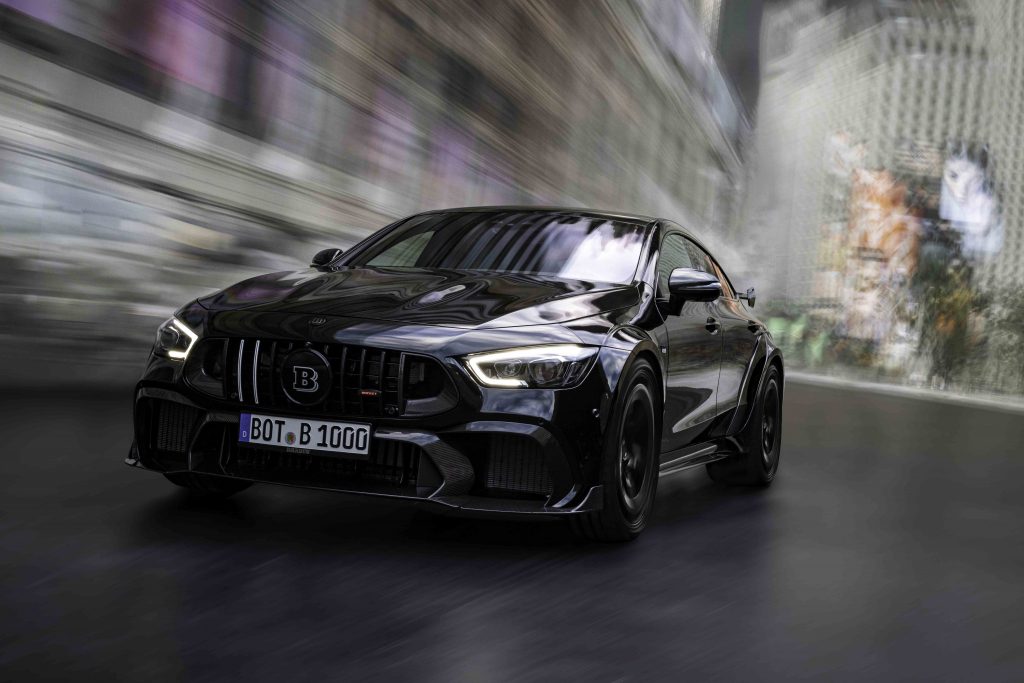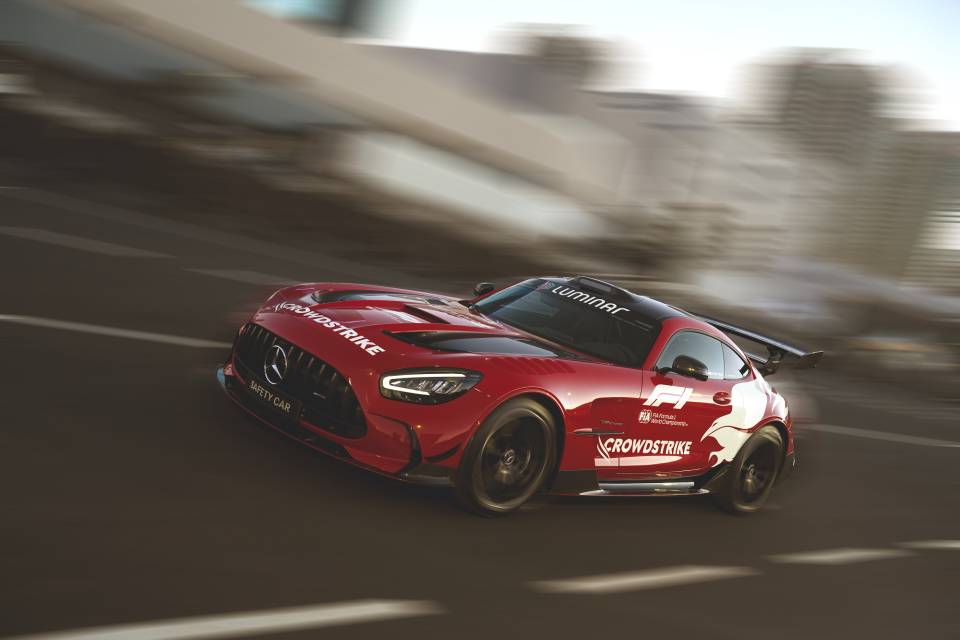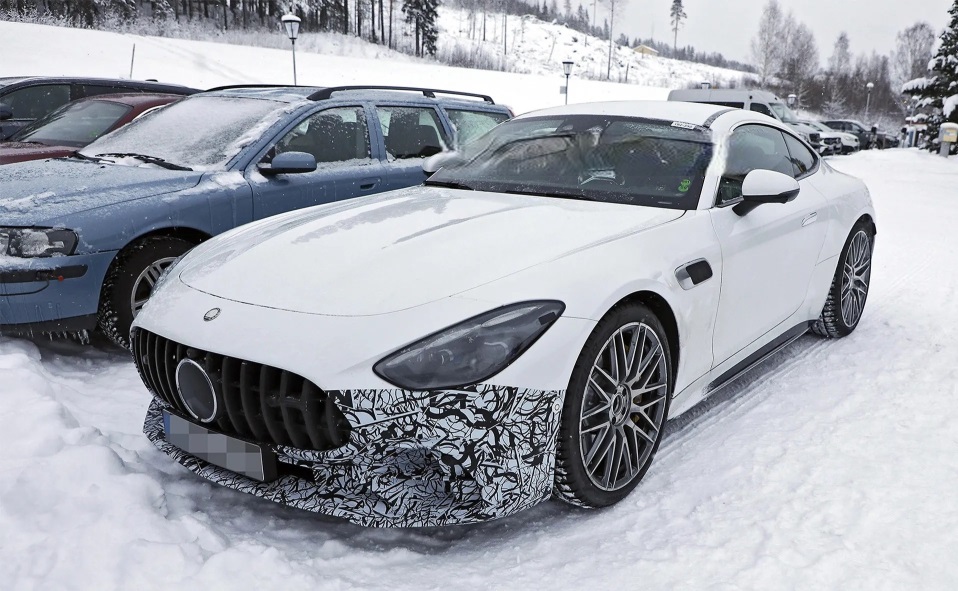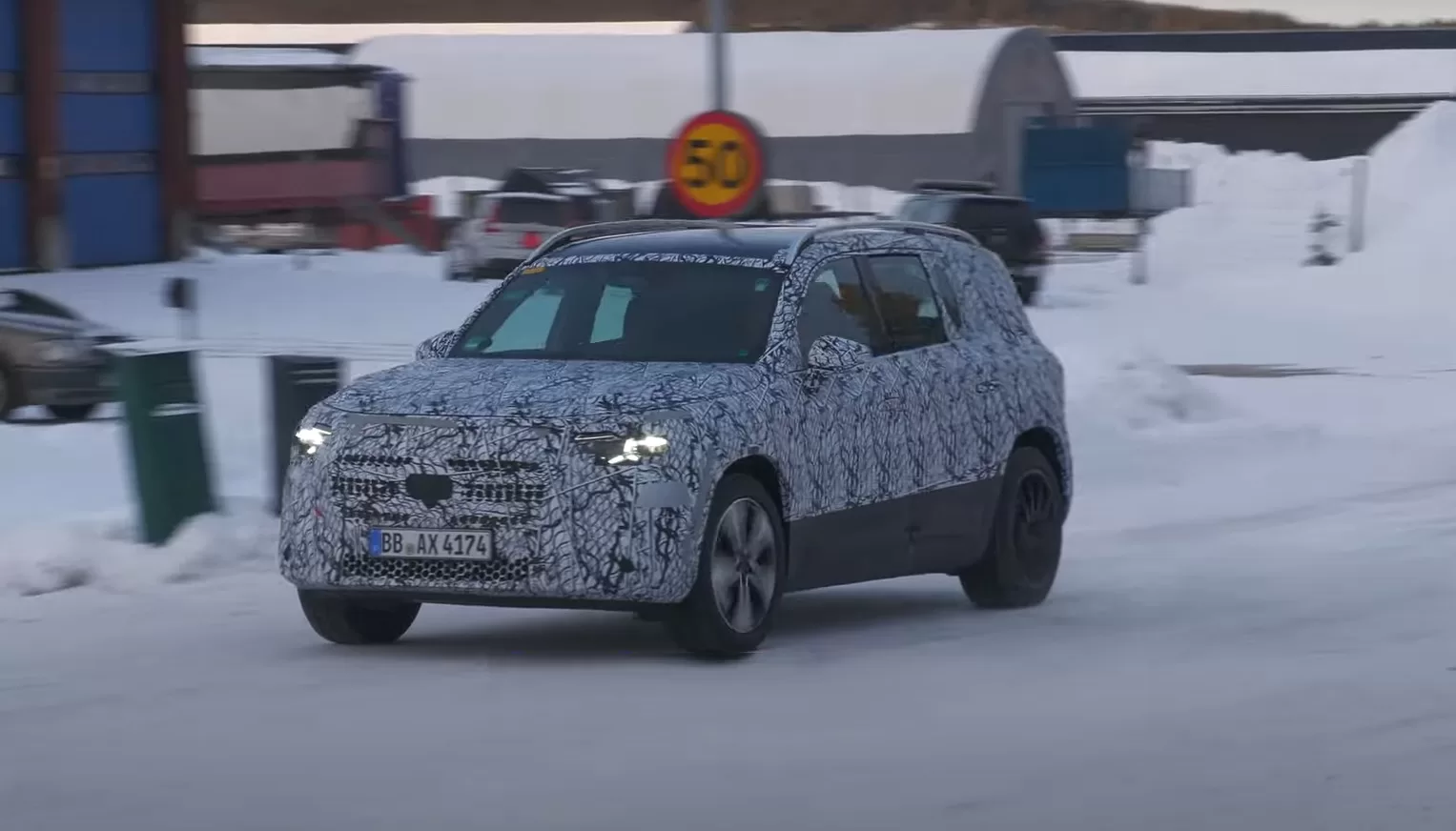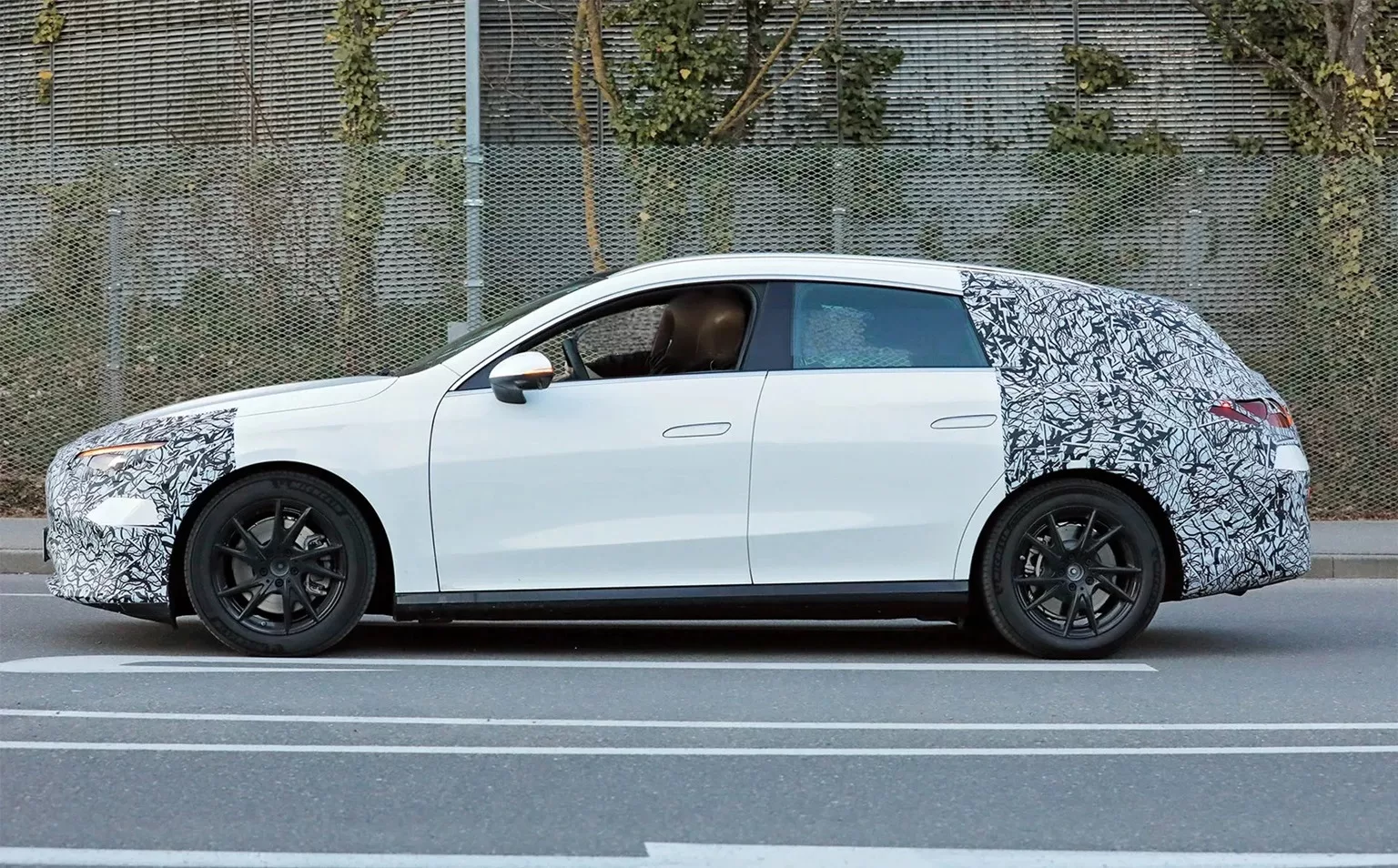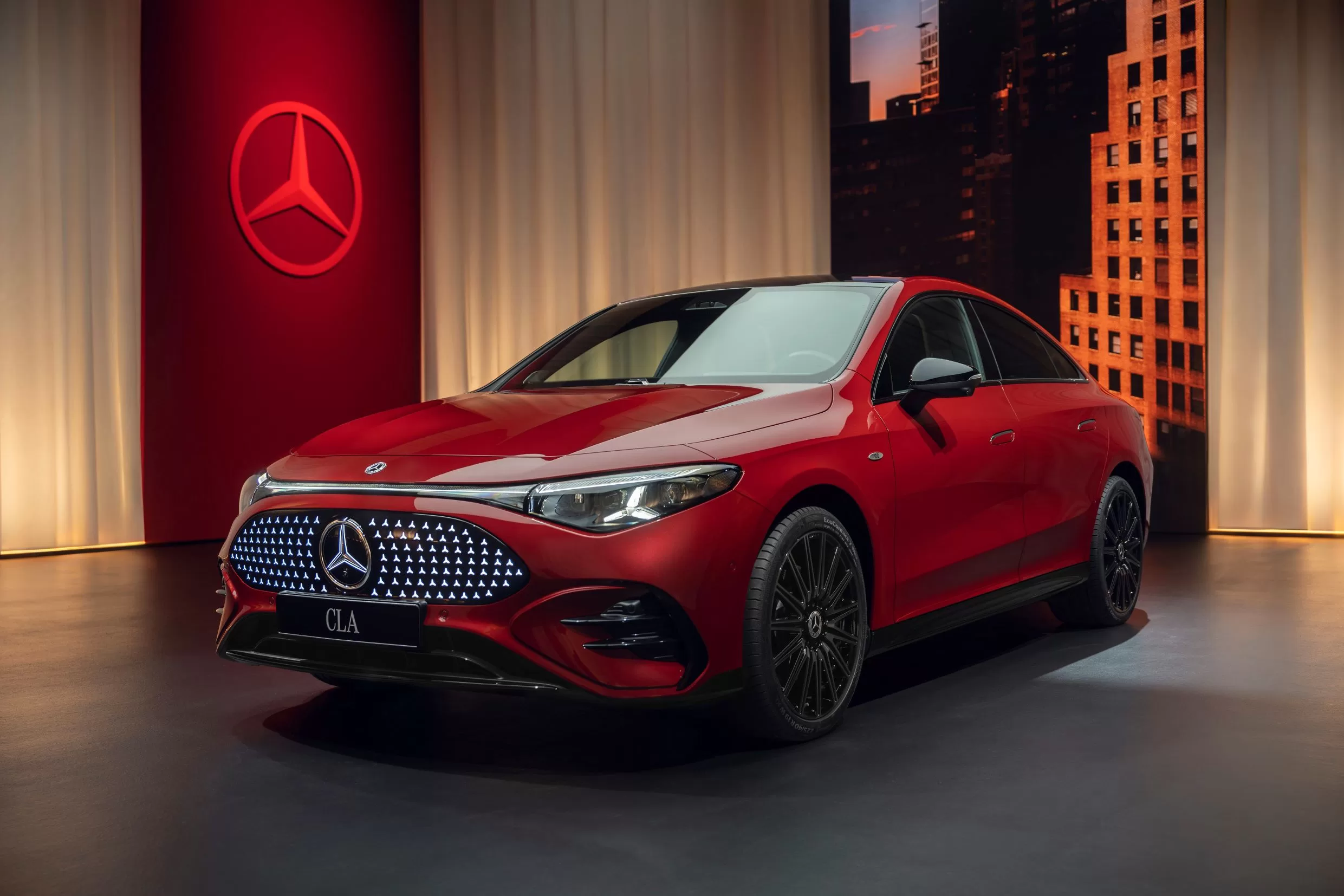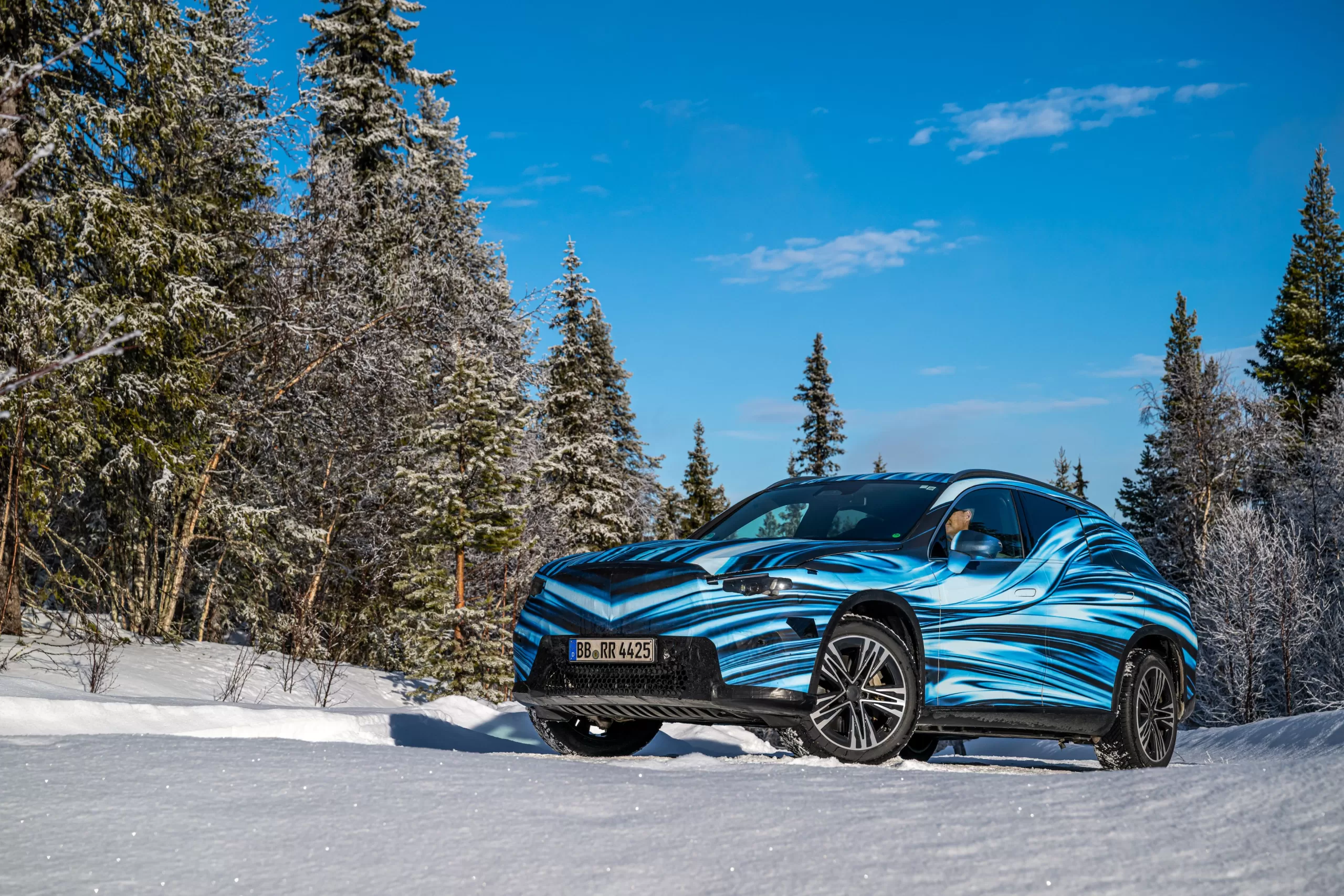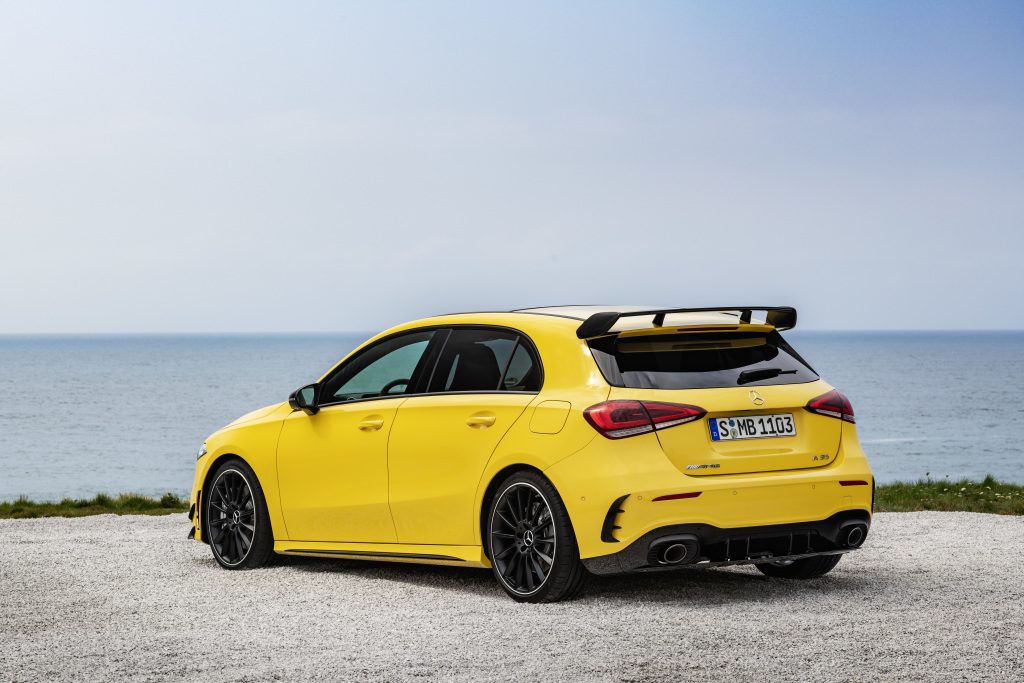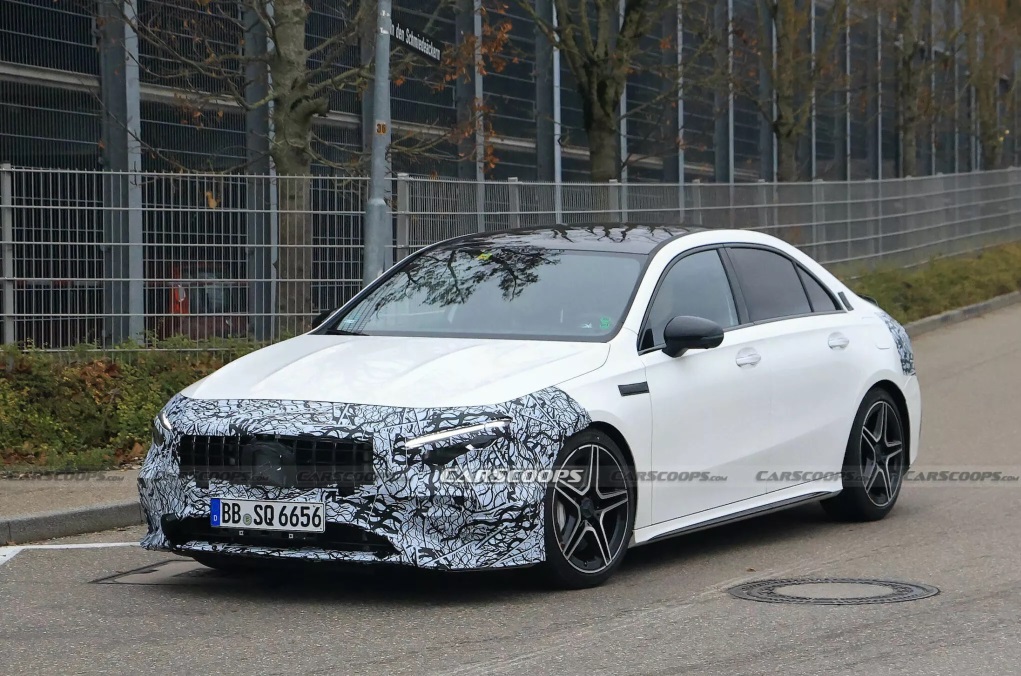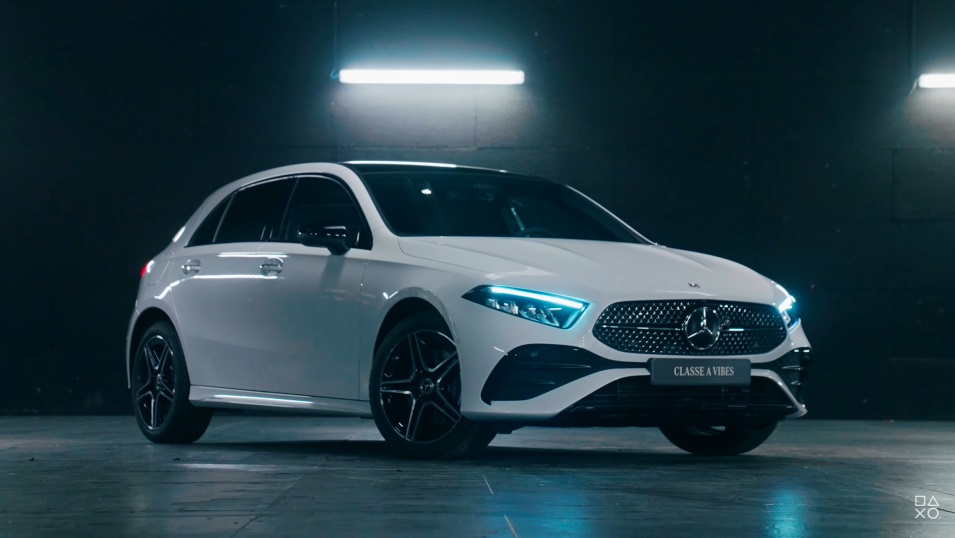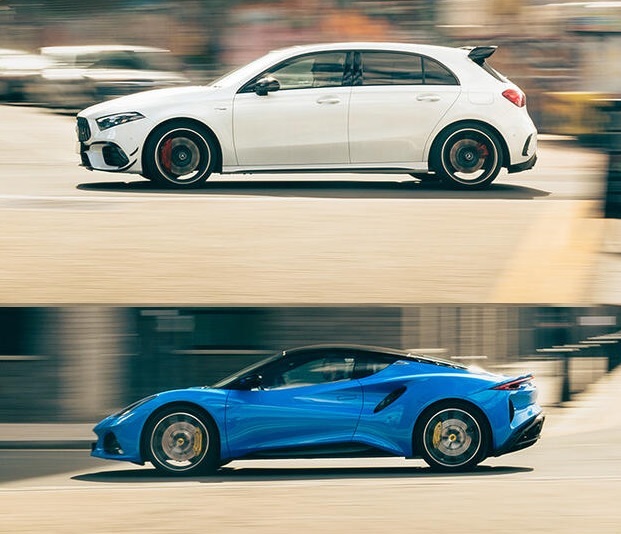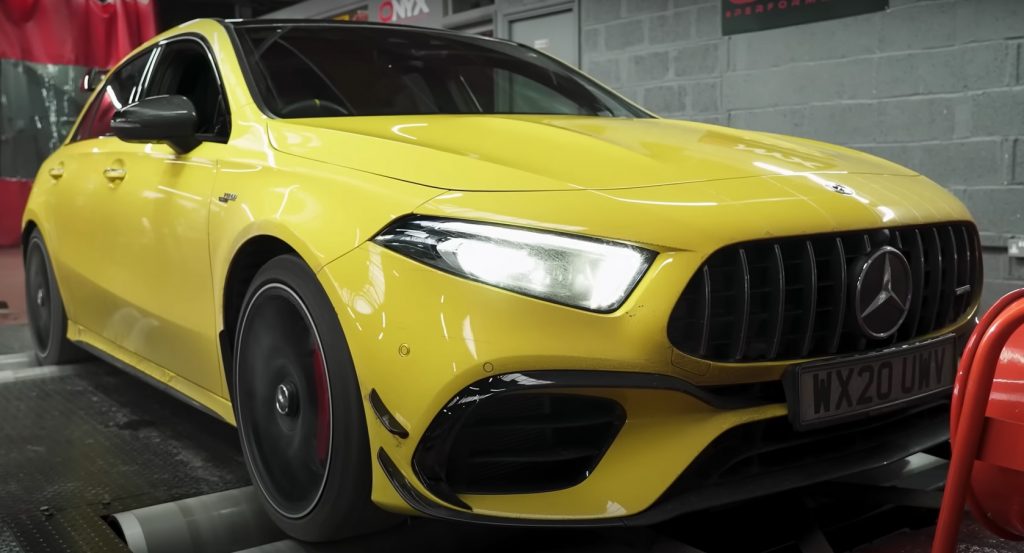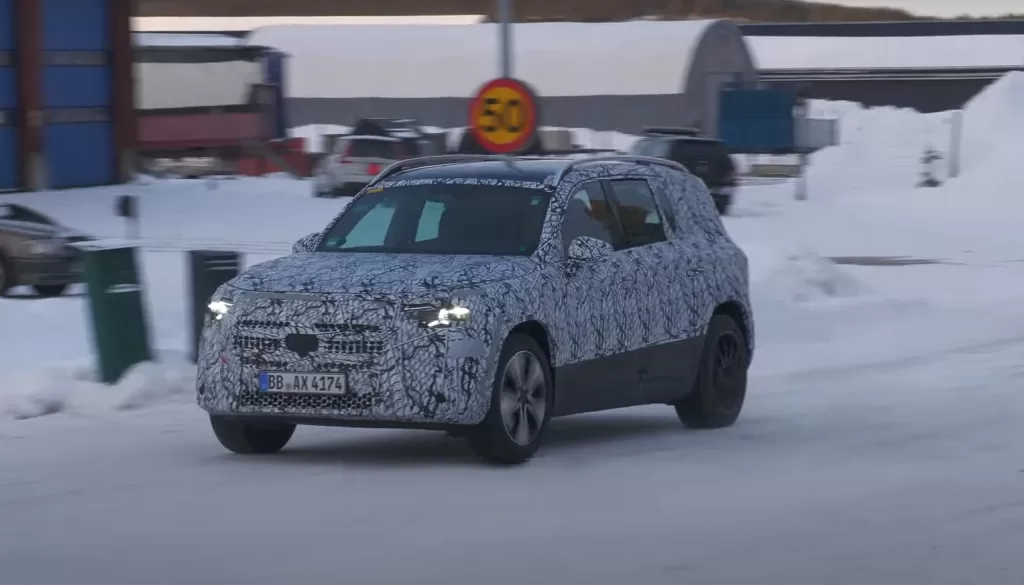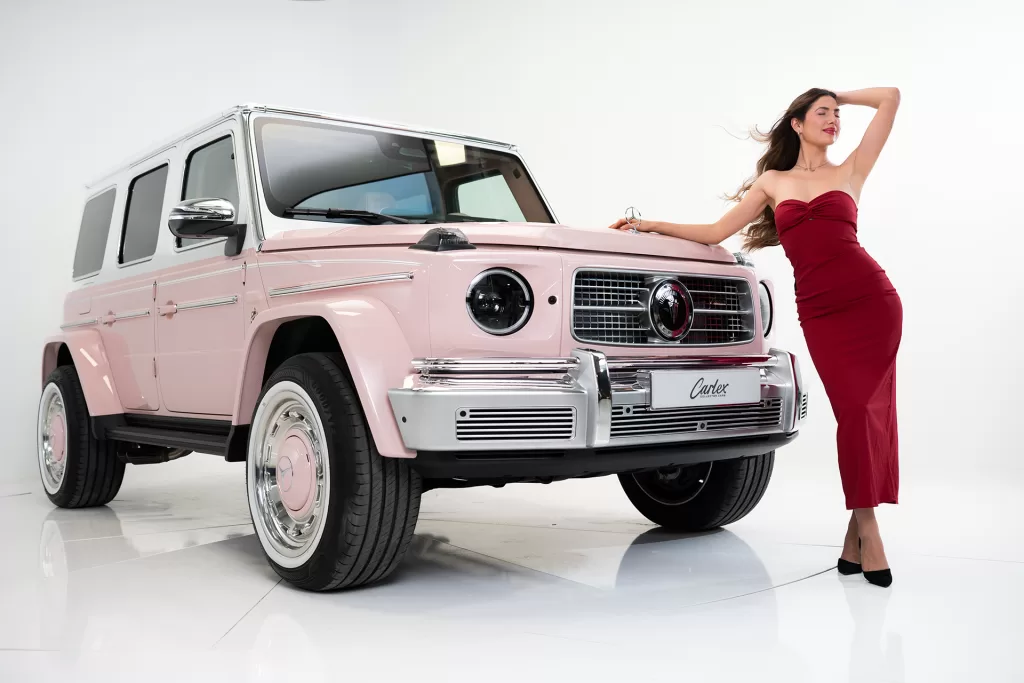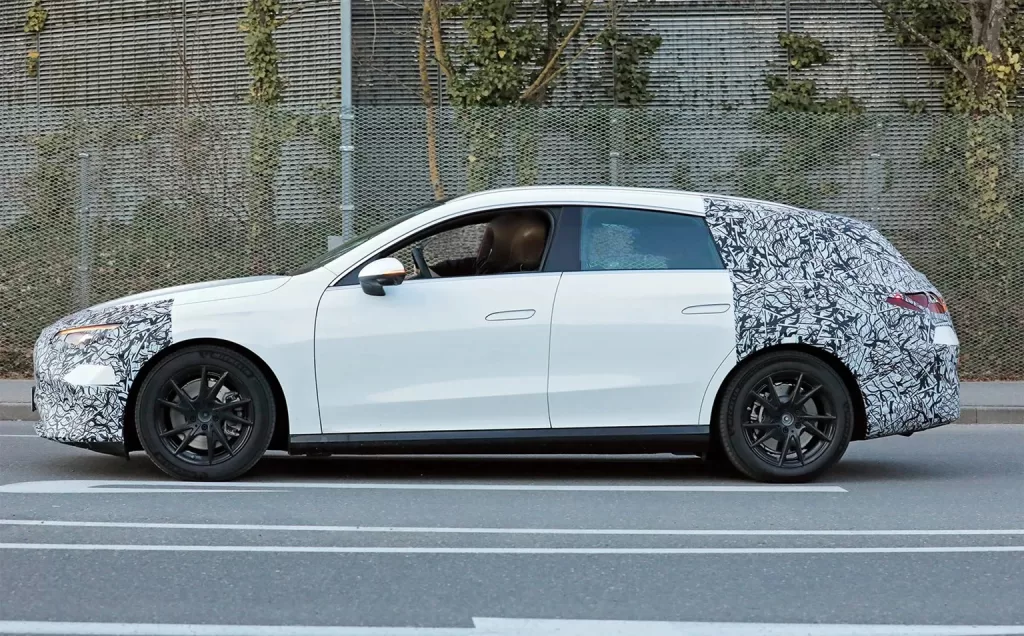
In the autonomous car market, Mercedes continues to play a major role, though BMW is certainly making some recent moves. BMW’s upcoming iNext, an autonomous car, was recently given a 2021 release date, although BMW’s head of marketing and sales, Ian Robertson, suggested that the release date may be premature. The earlier-than-anticipated release date is likely a response to Mercedes’ growing authority in the young autonomous car market, with Mercedes having conducted autonomous car tests since 2012 and having released the stunning F 015 Luxury in Motion E-Class.
The revolutionary 2017 Mercedes-Benz E-Class already provides a sneak peek at what autonomous driving may look like via its F 015 Luxury in Motion, a self-driving car with four seats that can face each other, making for some social time opportunity while the car is safely driving on its own using the optional Drive Pilot system. Although it’s not a fully comprehensive self-driving system yet—experts say it may take 10–15 years to accomplish that—the system enables passengers the freedom of a hands-free trip by detecting speed limit signs and adjusting to them, in addition to changing lanes upon the passenger’s voice request.
BMW is clearly aiming to match Mercedes’ accomplishments thus far in the autonomous driving market, where Mercedes has a tangible product available and BMW is still in the midst of development, with a release date that will likely be pushed back. It’s been a bit of an arms race when it comes to the driverless car, with brands trying to do anything to compete. Mercedes and BMW aren’t the only ones making moves. Ford recently partnered with Google, and Audi is focusing on humanization, even naming their car “Jack.”
Hedging the Future
Mercedes and BMW both realize that self-driving cars are the way of the future, but understandably want to be considered the forerunner to the leader position now. IHS Automotive predicted that only 10% of vehicles by 2035 will have the ability to self-drive, which, if true, would suggest we’re still several decades away from self-driving proliferation. While it’s true that BMW theoretically has plenty of time to catch up to current automotive car king Mercedes, it’s not as if Mercedes is simply going to stop with its F 015—that vehicle will likely serve as the template for future models with ample testing and feedback. The exterior and interior, at the very least, seem very convincing of what to anticipate with luxury autonomous cars.
The Role of Artificial Intelligence
We all know that both Mercedes and BMW are highly capable of creating beautiful vehicles that drive well, as well as theoretically implementing the role of self-driving technology. What many are hesitant on is the role of artificial intelligence in self-driving cars—their reliability and overall role is a common theme in the questions among those interested.
In addition to Tesla’s “Autopilot” feature, it seems likely that Mercedes and BMW will continue to define autonomous cars in 2016 and well beyond, though just how well self-driving AI will work on full roads with other AIs remains to be seen. Presumably considering the comprehensive testing and the fact that human drivers are not always very safe, it’s not a major concern, but it’s still an aspect to consider.
Mercedes seems to lead the pack in regard to autonomous cars, largely due to the impressive F 015, while BMW lags behind Mercedes and Tesla in terms of showing off a tangible product using self-driving tech. Still, we can fully anticipate these three manufacturers and others ushering in the age of self-driving cars with remarkable models like the F 015.

